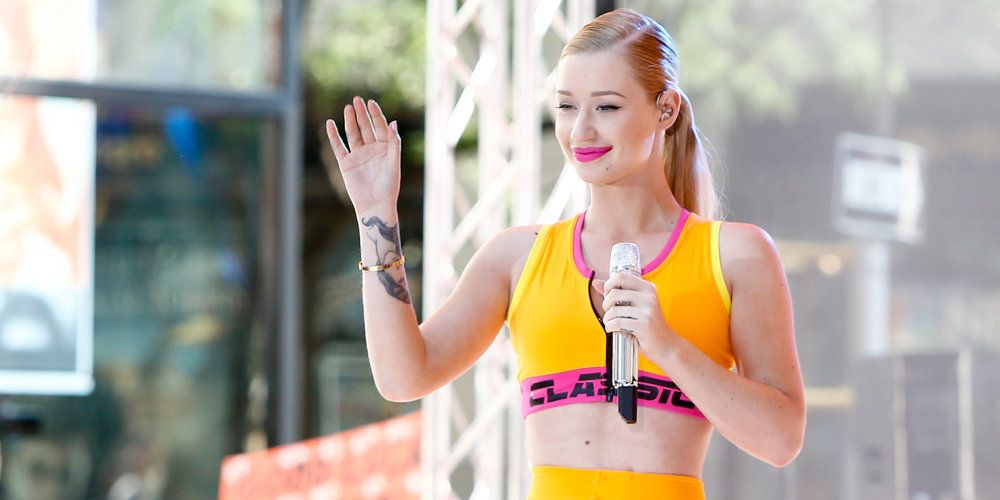When Black Girls Get Criticized and White Girls Get Celebrated

by Elizabeth Wellington
Something about the models walking the DKNY catwalk last month in coifs that Lucky magazine called "slicked-down tendrils" - known in my hood as baby hair - tweaked my Queens-reared soul.
I felt a similar pull in April when Marie Claire called Kendall Jenner's cornrows "epic." Hmmph - no one ever declared mine anything but necessary for swimming in the summertime.
That tug was followed by a twinge last week when Los Angeles Times reporter Ingrid Schmidt wrote a story about braids, referring to Bo Derek as their matriarch. Hello, what about Cicely Tyson?
My issue isn't with borrowing elements of style that started in the heart of black America. Appropriation has been at the center of pop culture since well, the dawn of culture.
What's difficult to digest is this "praise" of all things black - from cornrows and large booties to acrylic nails, door-knocker earrings, and tribal fabrics - only becomes "chic," "trendy," and "epic" when worn by white women. When these same cultural markers are on black women, they are "ghetto," "urban," and "ratchet" - meaning, unpretty.
"It's offensive," said Doreen E. Loury, director of Pan-African studies at Arcadia University. "The natural beauty of black women that has been historically demonized and classified as unattractive, is now the runway's hottest new swag. And it's not even being celebrated on black bodies."
To make matters worse, black women are rarely, if ever, credited as these trends' impetus. That distinction goes to the designers' inspiration boards, so what could have been viewed as a form of flattery is now just an insult.
"What's problematic to me is how these conversations, whether braids or butts, are happening without the broader social context from where they came," said Tiffany M. Gill, associate professor of black American studies at the University of Delaware. "When braids are on black bodies, they are dangerous or subversive, but celebrated as fashion on white bodies."
Last week New York Times writer Alessandra Stanley wrote an article calling actress Viola Davis, with her darker skin, "less classically beautiful," and there were a lot of hurt feelings. Who's making these calls? Why is darker skin desirable on white women, but not on black women?
Continue Reading at the Philadelphia Inquirer
Photo Credit: Debby Wong / Shutterstock.com

No comments: